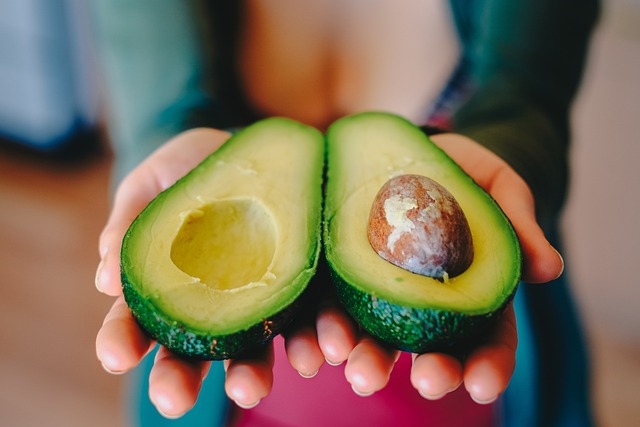Probiotics 101: A Comprehensive Guide to Boosting Your Digestive Health
What are Probiotics?
Probiotics are live microorganisms that provide health benefits when consumed in adequate amounts. They are often referred to as “good bacteria” or “friendly bacteria” as they help promote a healthy balance of microorganisms in the gut.
Benefits of Probiotics
Probiotics offer numerous benefits for digestive health and overall well-being:
- Improved Digestion: Probiotics help break down food and aid in nutrient absorption, leading to better digestion.
- Enhanced Immune Function: The gut plays a significant role in immune function, and probiotics can support a healthy immune system.
- Reduced Risk of Digestive Disorders: Probiotics have been shown to alleviate symptoms of various digestive disorders, such as irritable bowel syndrome (IBS) and inflammatory bowel disease (IBD).
- Prevention of Antibiotic-Related Side Effects: Antibiotics can disrupt the natural balance of gut bacteria, leading to issues like diarrhea and yeast infections. Probiotics can help restore this balance.
- Improved Mental Health: Emerging research suggests a connection between gut health and mental health. Probiotics may potentially alleviate symptoms of anxiety, depression, and stress.
Common Probiotic Strains
Probiotics come in various strains, and each strain offers unique benefits. Some of the most common probiotic strains include:
- Lactobacillus acidophilus: Found in yogurt and fermented foods, this strain aids digestion and supports a healthy vaginal microbiome.
- Bifidobacterium lactis: Known for its immune-boosting properties, this strain can also help improve lactose intolerance symptoms.
- Bifidobacterium longum: This strain is essential for maintaining a healthy gut lining and preventing harmful bacteria from penetrating the intestinal walls.
- Enterococcus faecium: Helps with digestion, nutrient absorption, and supports a healthy immune system.
Sources of Probiotics
You can find probiotics in various food sources and supplements:
- Yogurt: Look for yogurt containing live and active cultures, such as Lactobacillus and Bifidobacterium strains.
- Kefir: A fermented milk drink that offers a potent source of probiotics.
- Sauerkraut: Fermented cabbage provides a natural source of probiotics.
- Kimchi: A traditional Korean dish made from fermented vegetables, including cabbage.
- Tempeh: Fermented soybeans are not only a great source of plant-based protein but also probiotics.
- Probiotic Supplements: If you can’t get enough probiotics from food alone, supplements are available in various forms, including capsules, powders, and liquid.
Choosing the Right Probiotic
When selecting a probiotic supplement, consider the following factors:
- Strain Diversity: Look for a product that includes a variety of strains for maximum benefits.
- <







